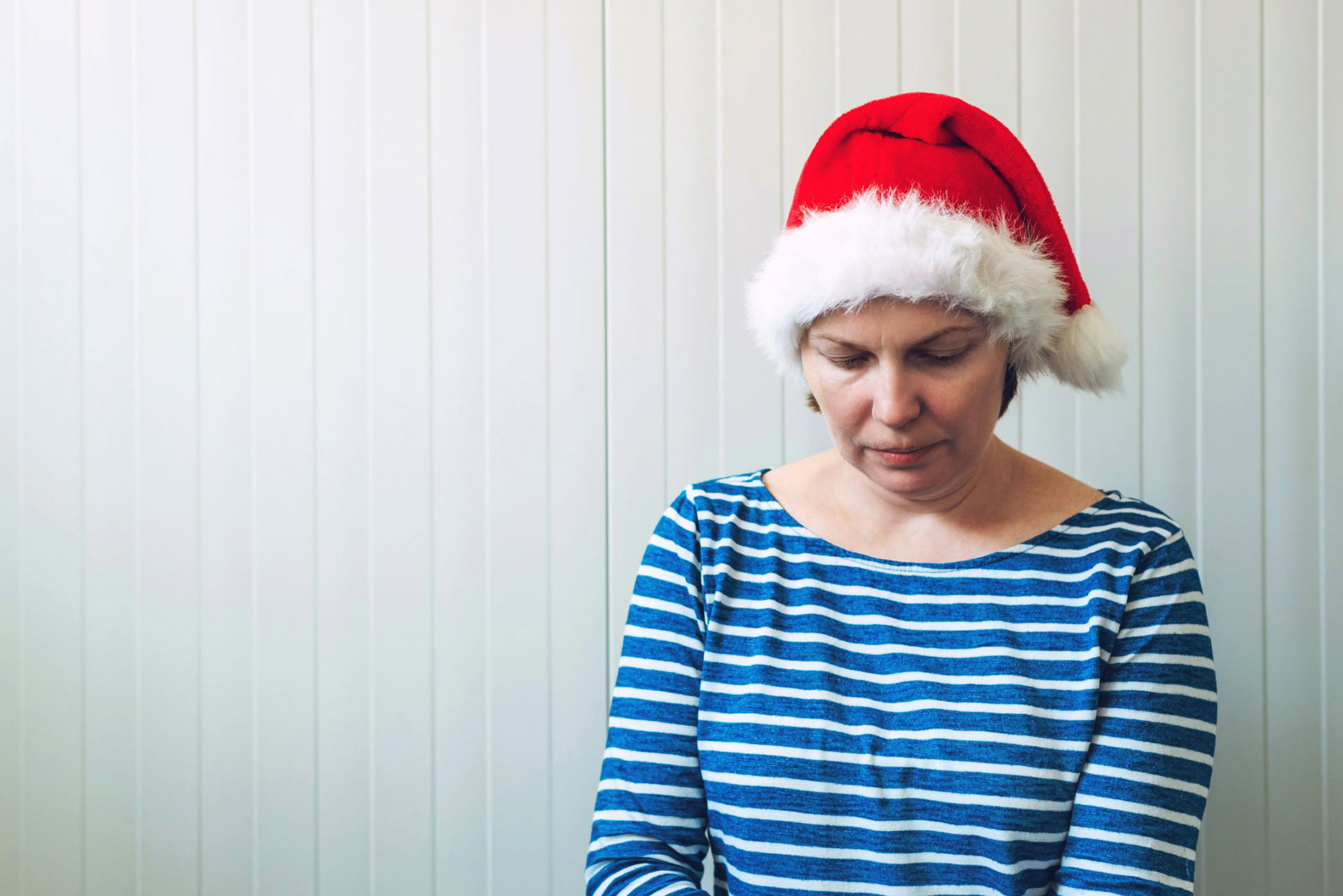
05 Dec Helping high anxiety on holiday
For most people, writes Kathryn Powley, Christmas holidays are fun, but for millions of Australians experiencing anxiety, it can be an incredibly stressful time.
Christmas is nearly here, and with it, an extra dose of stress and pressure for the one in seven people in Australia who experience anxiety issues every year.
University of Melbourne Nossal Institute Associate Professor Grant Blashki is a working general practitioner, and throughout the year, he sees patients experiencing anxiety.
But the Christmas holidays, he says, can bring even more challenges than usual.

“For most people, holidays are treasured and much anticipated, but paradoxically, for millions of Australians experiencing anxiety, it can be a stressful time that takes them out of their comfort zone,” he says.
Yet Associate Professor Blashki, who is also the lead clinical adviser to beyondblue, says holidays present a great opportunity for people to “expose” themselves to some of their most feared or frequently avoided situations. And this can help in their recovery.
Associate Professor Blashki says now is a good time for reflection and to get on the front foot to tackle anxiety.
“I really enjoy supporting people with anxiety conditions because they generally respond well. I usually create a GP Mental Health Plan which enables patients to access Medicare subsidised psychologist consultations.”
In more severe cases, medications are sometimes also necessary and helpful.
“Getting to know your anxiety will make it eminently more manageable. If you think you have an anxiety issue, talk to your GP or arm yourself with information from beyondblue,” says Associate Professor Blashki.
So what can bring on anxiety? Here are four triggers those already coping with anxiety can struggle with.
Travelling away from home
Associate Professor Blashki says for some anxious people, travelling away from home and loved ones can exacerbate panic attacks and the common secondary problem of agoraphobia. Agoraphobia can cause people to feel unsafe in unfamiliar environments or situations where they are unable to escape easily or be rescued.
Travel can become a time of intense anticipation and worry that causes some people to avoid crowds, open places, public transport, flying or shopping centres altogether.
Fortunately, he says, some excellent treatments are available for people experiencing panic attacks.

These include psychological techniques like Cognitive Behavioural Therapy which can include slow breathing, challenging unhelpful habits of thinking and gradual exposure to feared situations in small steps.
Lifestyle changes can also be very helpful, including regular exercise, reducing stimulants like caffeine, and better stress management.
Changing routines
About two per cent of people every year experience Obsessive Compulsive Disorder, and their symptoms may be exacerbated by disrupted holiday routines.
Obsessions are persistent, recurring thoughts, often accompanied by compulsions to act on those thoughts to relieve stress.
This could cause a person to carry out unreasonable checking or cleaning that interferes with daily life – for instance, an intense need to count; frequently obsessing about safety, like repeatedly checking the gas is off; or hygiene, worrying excessively about germs prompting excessive hand washing.
Many people with OCD feel ashamed and hide their condition, shunning professional assistance throughout their lives.
But this is exactly the wrong thing to do, says Associate Professor Blashki.
“If you are concerned that you might have anxiety, beyondblue has developed an online anxiety symptom list. The longer the symptoms have been present, the more entrenched they become, so it’s important to seek professional assistance as soon as possible.”
More than normal stress
Although holidays are a fun time for many, they are also filled with the extra stresses of planning and organising activities.
About three per cent of Australians each year experience Generalised Anxiety Disorder, or GAD.

These people feel constantly on edge and often experience physical symptoms such as headaches, neck aches and even abdominal complaints. Family and friends will often describe them as a “worrier”.
Christmas, often bumper-packed with stress and worry, can severely hamper the ability of those with GAD to cope.
Cognitive Behavioural Therapy again helps to identify and challenge worrying thoughts such as “catastrophising” and “jumping to negative conclusions”.
Many people also find mindfulness very helpful.
A social time
The holiday festivities usually go hand-in-hand with family functions and large gatherings at a highly social time.
This may be wonderful for social butterflies, but Associate Professor Blashki says these situations can worsen social anxiety issues.
These festive celebrations can make some people become highly self-conscious about any activity that may involve others appraising them, such as eating, speaking or writing in front of others. Inevitably, some avoid these situations, but in doing so, only exacerbate the problem.
“As you can imagine, holiday time is a time when it makes it harder to fly below the radar, so it’s a time when social anxiety really becomes obvious.”
Associate Professor Blashki recommends seeking professional support, and the earlier, the better, to head off the more severe symptoms in future and to aim for minimal anxiety these holidays.
If you or anyone you know are concerned about the issues raised in this article, beyondblue can offer help and support here.
Banner image: iStock
Kathryn Powley, University of Melbourne

